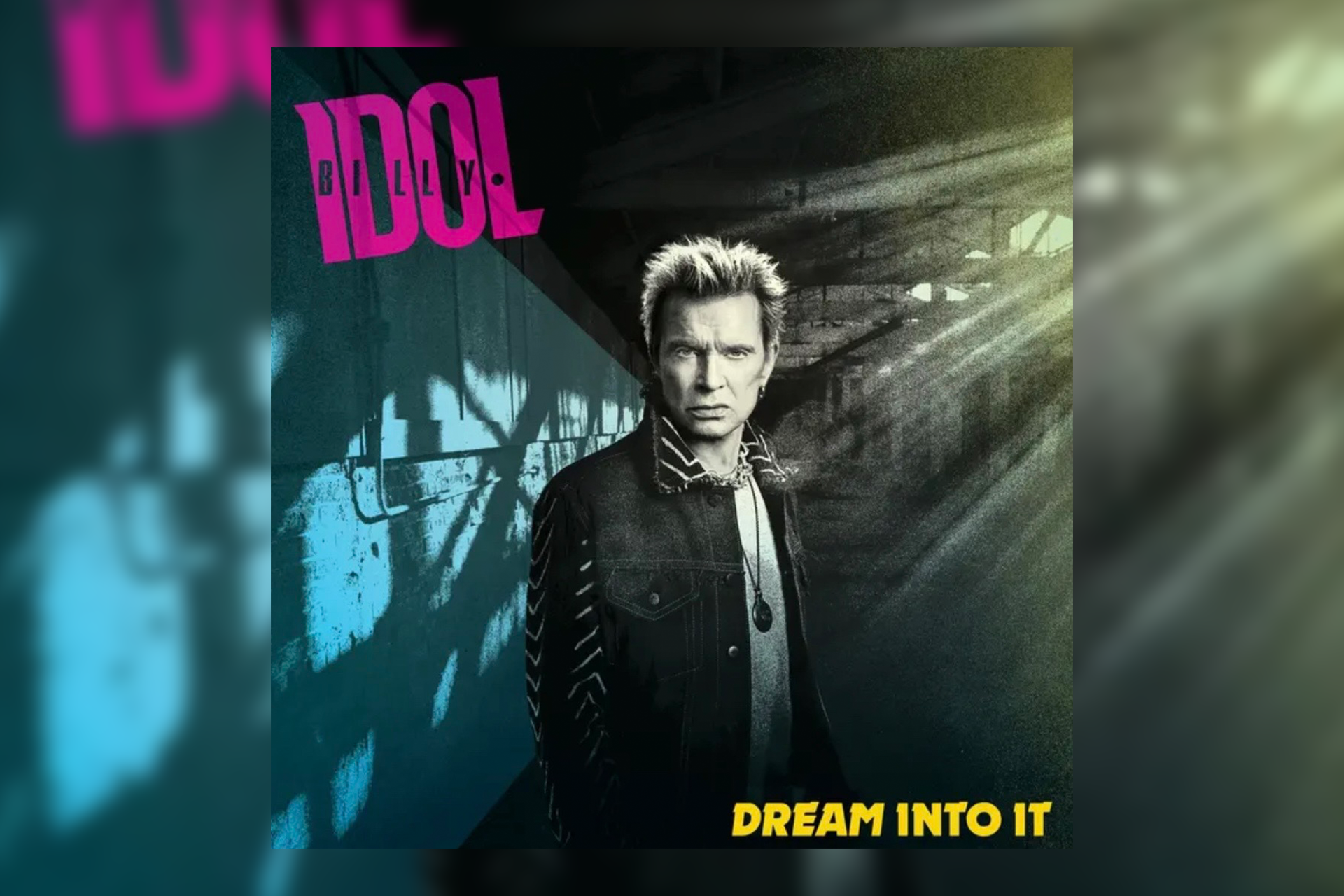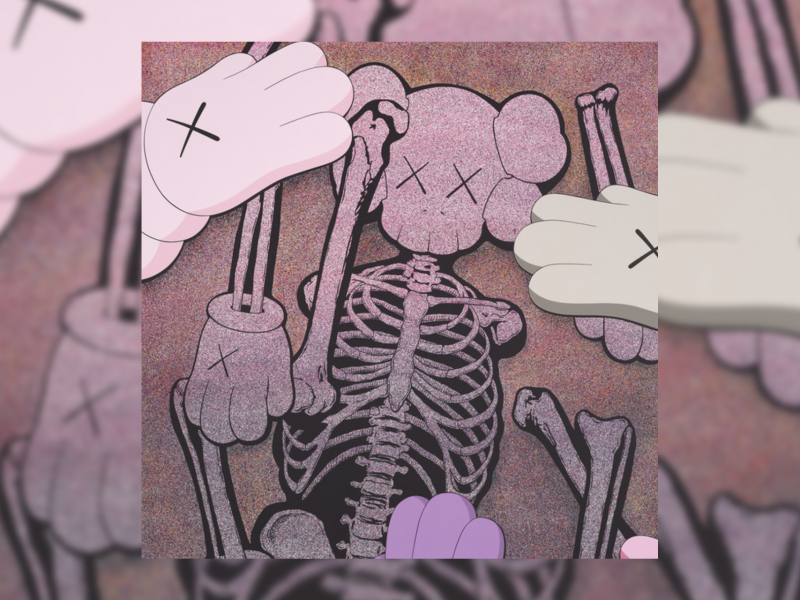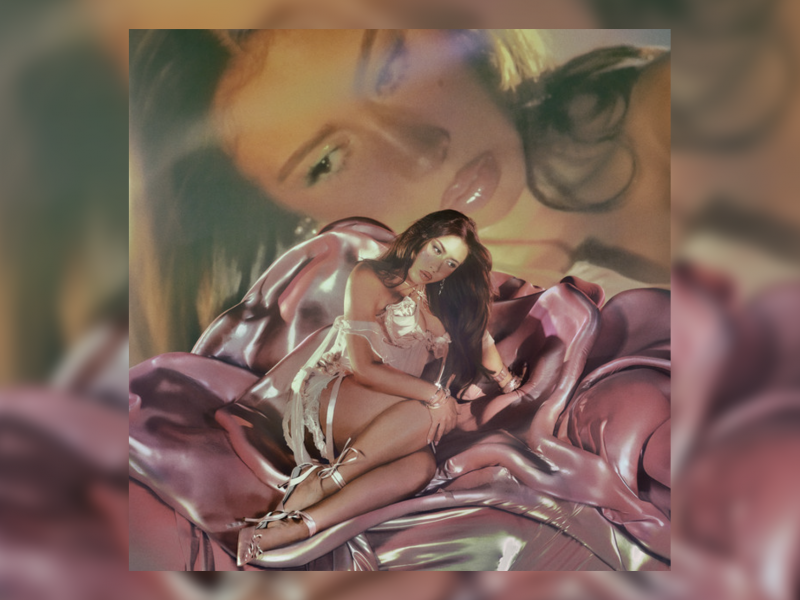When a veteran of the classic rock scene releases new music decades after their supposed prime, it flies almost entirely under the radar, virtually unnoticed by new and old audiences.
Whether for a lack of marketing or marketability, or simply public disinterest, such was the case with Billy Idol’s newest project, Dream Into It, released quietly on Friday under Idol’s BFI Records.
Idol’s music is emblematic of the danceable punk of the late ‘70s and ‘80s. Instantly recognizable with his spiky blond hair and penchant for leather, Idol brings a distinct edge to popular rock music, embracing the counterculture while remaining easily accessible across audiences.
[Step into spring with these 6 seasonal tracks]
Dream Into It doesn’t seek to do much in terms of stylistic departure. Its titular opening track features Idol musing to the soft electronics of the ‘80s. His voice doesn’t stretch nor strain, and at a little more than five minutes, the song outlasts the novelty of a throwback slow-jam.
“77”, featuring angst icon Avril Lavigne, opens with a familiar, sunny pop-punk guitar riff evoking West Coast ‘90s nostalgic youth. Idol and Lavigne thrust forward into an entirely distinct epoch of rock music, having fun while doing it and virtually singing each note together. The chorus of “She said do it like we did it before / Fight back like ‘77” is lively, danceable and classically punk.
Idol capitalizes on the enthusiastic, rowdy simplicity of a punk-structured song — popping power chords and busy bass drums — on “Too Much Fun.” His voice rasps and clearly has some cracks, a telling product of age that he fights through to have the fun referenced in the song’s chorus.
While much of the music tries to evolve from Idol’s electro-punk into a distinctly nineties sound, it often falls flat. On the anachronistically named “John Wayne,” featuring Alison Mosshart of The Kills. The song itself is melodramatic, feigning something epic, but the chorus of “Tonight I’m gonna be John Wayne” is out of place, and frankly meaningless.
“People I Love” seems written from the point of view of a younger Idol, who laments his streak of hurting those closest to him in pursuit of his music career. Here the album establishes itself as an unapologetic punk-rock venture — one that doesn’t try to rely on the success of Idol hits like “White Wedding.” But the album doesn’t sound like something from the ‘80s. It belongs more with the likes of Sum 41 and Blink-182 than with Idol’s contemporaries.
[Addison Rae’s new album cover makes me feel like my parents]
“Still Dancing” closes the album, and is a clear attempt at bringing back Idol’s old sound, reminiscent of “Dancing With Myself,” and with the storytelling, slowburn verses backed by quiet rhythm guitar of “White Wedding.”
The project deserves recognition for its well-executed foray into the ‘90s punk sound, and moments of enjoyable, energetic listening. It’s fun, if not ironic, that the evolution of Idol’s sound seems walled into the 20th century.
But the lack of lyrical imagination brings the album to a relative standstill on its latter half. Though fun at moments and well-produced, the project sounds like a hodgepodge attempt at a bold new venture for an artist that has been mostly dormant for the past two decades.



